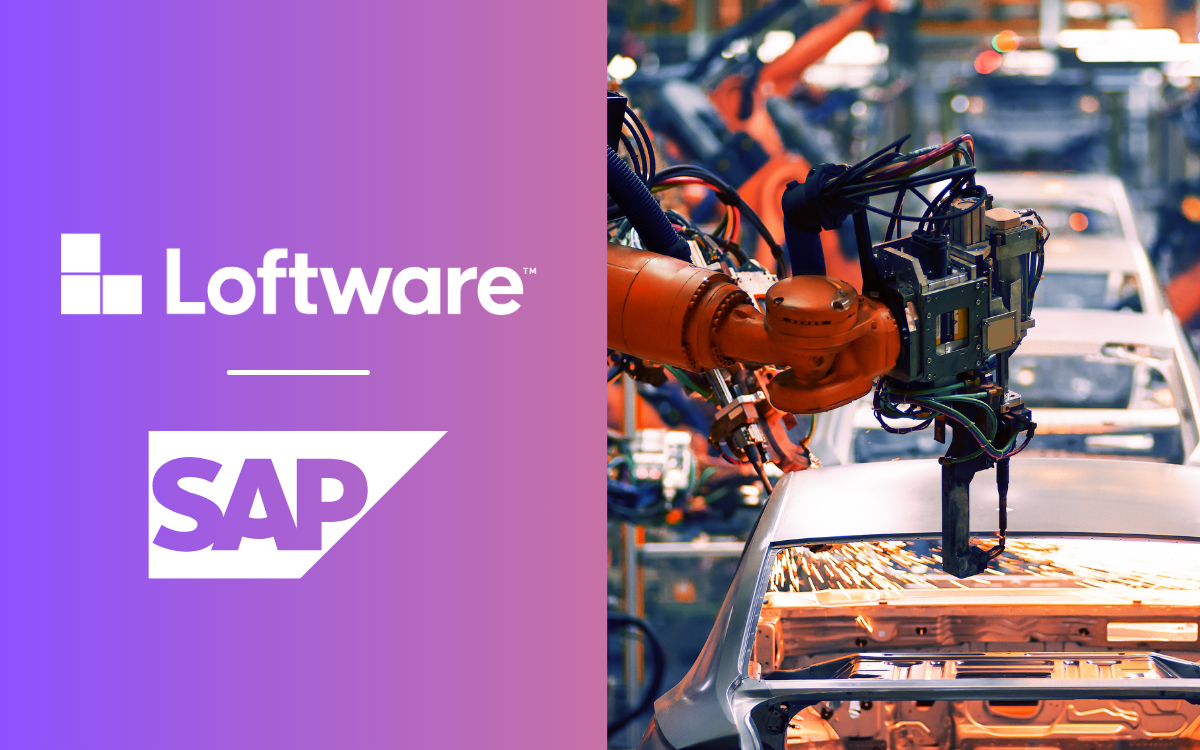August 8, 2023
Blog
The role of labeling in building sustainable supply chains
David Dillon
Global Labeling Solutions Executive
Share
Sustainability has become something of a buzzword in recent years, and for good reason. The devastating impacts of climate change are becoming increasingly apparent and highlight the urgency of adopting sustainable practices and reducing our environmental footprint. As a result, sustainability has become a crucial strategic and operational priority for organizations around the globe.
Manufacturers have needed to “green” their operations, not only in response to regulation but also consumer pressure. Fuelled by their desire to safeguard the planet, younger consumers are driving a shift towards higher ethical standards and greater transparency. According to a survey from McKinsey & Co., 75% of millennial respondents say they consider sustainability when they make a fashion purchase, with nearly 90% of Gen X consumers willing to spend an extra 10% or more for a sustainable product. Furthermore, the spending power of Gen Z is on the rise. Gen Z Planet recently estimated Gen Z's spending power to be over $360 billion in disposable income, more than double what was estimated three years ago. This influence will continue to grow as the generation’s buying power increases while baby boomers exit the market.
Loftware’s 2023 ‘Top 5 Trends’ report echoes the importance of sustainability for companies across a variety of sectors, with 76% of business leaders surveyed reporting already having a sustainability initiative within their organization.
When it comes to regulation, companies are facing increased scrutiny around sustainability disclosures. Failing to integrate sustainability into business models is costly, with the risk of hefty fines for non-compliance. With all this in mind, label management has an important role to play as companies look to make their operations and products more sustainable.
The rise of cloud labeling
Legacy labeling systems have historically had a negative impact on the sustainability credentials of manufacturers. Manual and disparate, these systems are more likely to mislabel products, rendering them non-compliant and therefore requiring costly recalls and/or disposal. Adopting cloud-based labeling is integral in combating this issue, as the centralized control of label design and printing significantly reduces instances of mislabeling. There are therefore fewer instances of recalled products, less waste, and a reduction of scrapped supplies, which helps to make the supply chain more sustainable.
Interestingly, recent years have seen many companies shift their labeling management to the cloud, attracted by its quick deployment time, lower upfront cost, and scalability. According to Loftware’s research, this trend is poised to become increasingly prevalent with nearly 71% of companies expecting cloud or hybrid solutions to be their preferred deployment method for labeling within the next three years.
Enabling traceability for greater supply chain efficiency
Globalization has created increasingly complex and interconnected supply chains that involve networks of partners dispersed across multiple locations. It is no surprise that, within this context, cloud labeling has become an essential tool for facilitating supply chain agility and traceability.
As noted in Loftware’s report, 70% of businesses identify global traceability as a priority. Prioritizing label management is key here. Think of the label as a product’s passport through the supply chain. It physically carries data, such as serial numbers and certificates of origin. It is also the label that provides a complete and trackable trail from origin to end-use, enabling businesses to identify, trace, and recall damaged or spoiled products to minimize the environmental impact of recalls and/or disposal of goods. In fact, Loftware’s research shows that, at present, 49% of business leaders identify the inability to manage recalls effectively as the biggest risk as a result of a lack of traceability.
The importance of sustainable sourcing
As sustainability initiatives become more mainstream, companies must consider how they improve not only their labeling and packaging strategies but also the customer experience, all while meeting new corporate social responsibility goals and watching the bottom line. This involves factoring social, ethical, and environmental factors into the process of selecting suppliers.
The increased transparency afforded by cloud technology is crucial, allowing for the tracking of a product both upstream and downstream. Due to the powerful capabilities of the cloud, intelligent supply chains can track, trace, and authenticate products at every stage of the journey, from raw materials to consumer goods. Thanks to the real-time data stored in the cloud, companies can prove both the sustainable sourcing and sustainability attributes of their products, whether to stakeholders, regulators, or consumers.
Equally, sustainability issues within the supply chain cannot go undetected, therefore companies are empowered to identify and address problem areas swiftly and efficiently.
The rise of carbon labeling
Over the last year, there has been discussion around introducing a carbon labeling system on food packaging in the UK, allowing consumers to make more informed decisions about the environmental impact of their purchases. Essentially, this would involve communicating the carbon footprint of every product to provide intel on the amount of greenhouse gases emitted during production, transportation, and distribution.
Given the desire for greater transparency and visibility when it comes to manufacturing methods, it would not be a stretch to imagine this sort of carbon labeling system could become mandatory across several industries in the coming years. There is huge potential to use this type of labeling to tackle one of the biggest global priorities of our generation, however the journey to making it happen won’t be smooth if business leaders aren't willing to embrace innovation.
By adopting a modern cloud-based labeling solution, companies can gain the flexibility needed to adhere to changing labeling requirements, such as the proposed carbon label, to be compliant both today and in the future.
Embracing innovation
Cloud labeling is a powerful tool that can help companies improve traceability and promote more sustainable supply chain practices. As the global supply chain continues to evolve and new regulations and disclosure requirements around sustainability are introduced across sectors, cloud labeling will become increasingly essential to remaining competitive.
* This thought leadership article was originally published in Packaging News


